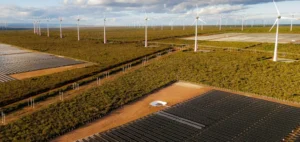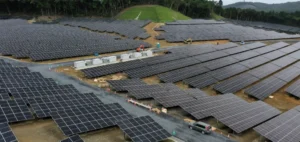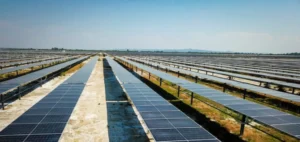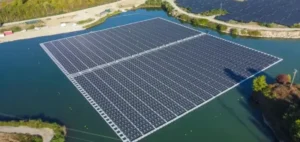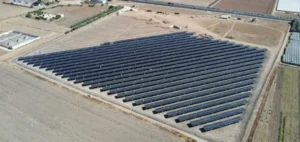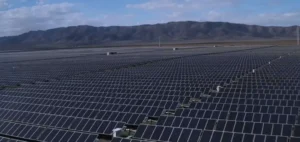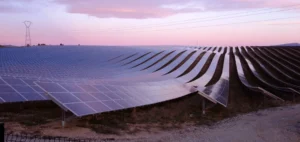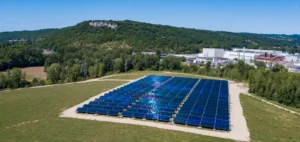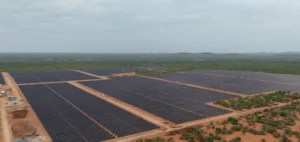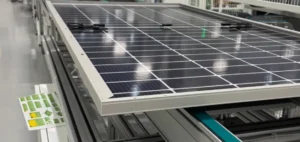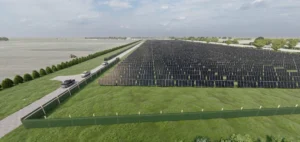On the sidelines of the informal meeting of the Energy Council, the European Commissioner for Energy, Kadri Simson, accompanied by energy ministers from 23 EU countries and industry representatives, signed the European Solar Charter. This act symbolizes a reinforced commitment to strengthening the European photovoltaic sector. Indeed, despite rapid growth, most of the demand for solar modules in Europe is met by imports, with 97% of solar panels coming from China. The Charter aims to change this dynamic by strengthening internal production to support Europe’s green transition.
Charter details and objectives
The European Solar Charter articulates a series of voluntary actions to support the EU photovoltaic manufacturing industry. It promotes the creation of a market for high-quality solar products that meet strict sustainability and resilience criteria, while respecting the EU’s climate and energy objectives.
Legislative framework and support initiatives
The Charter includes early implementation of relevant provisions of the Net-Zero Industry Act, such as the use of non-price criteria in renewable energy auctions, public procurement and other support schemes. These measures are designed to accelerate the deployment of solar energy in Europe and improve the sector’s competitiveness, while supporting the creation of green jobs.
The need for rapid and widespread deployment of renewable energy, particularly solar, is crucial to achieving the EU’s target of 42.5% renewable energy by 2030, with the ambition of rising to 45%. Photovoltaics is the fastest-growing renewable energy segment in the EU, with record numbers of installations over the past three years-28 GW in 2021, 41 GW in 2022, and 56 GW in 2023.






